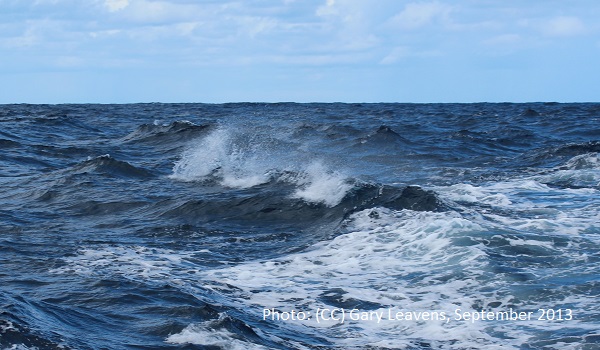Following clashes at Las Raíces camp that were met with rubber bullets by police forces, eight people were arrested and five of them placed in pre-trial detention. According to support groups, the inhumane treatment of people arriving to the archipelago’s shores is the root cause for recurring fights and an explosive atmosphere among people housed at Las Raíces camp. In Fuerteventura, nearly 200 people have been isolated following a Covid-19 outbreak at El Motorral camp.
On 5 April, a brawl broke out between people hosted at the controversial Las Raíces camp in La Laguna, Tenerife. Reportedly, the clash was triggered by a dispute over food at dinner time between groups of Senegalese and Moroccans and subsequently spread through the facility currently accommodating about 1,500 people in tents. The situation further escalated with the intervention of the National Police that fired rubber bullets and arrested eight people who were involved in the brawl. Further, more than a dozen people reportedly sustained injuries. According to media reports, five of the arrested were placed in pre-trial detention following a court order based on charges of offences of injury, rioting, public disorder and attacking an officer of the authorities.
Based on a recent inspection of the site, the Municipal Health Service of the City of La Laguna concludes that the hygienic and sanitary conditions of the Las Raíces camp are “concerning”, with “worrying issues” about compliance with Covid-19 prevention measures, poor food management, and a lack of sufficient hot water for showers. People hosted at the site as well as support groups have repeatedly denounced the camp’s conditions since it started to operate on 5 February. According to Asamblea de Apoyo a Migrantes de Tenerife, a migrant support group based in Tenerife, the recurring clashes at the camp are a direct consequence of the “inhumane” treatment of people arriving to the archipelago, including their blocking on the islands. This situation, the group wrote on Twitter following Monday’s events, “day by day is causing greater frustration among the thousands of people locked up.” The group is announced to take to the streets in Tenerife on 10 April to protest against Spain’s containment policy.
The Spanish Commission for Refugees (CEAR), an ECRE member, described the recent events at Las Raíces camp as “the tip of iceberg” of the deterioration resulting from Spain’s containment policies and criticized the government’s inconsistency as on the one hand it was rejecting EU migration and asylum policy while on the other implementing them on national level by blocking people on the Canary Islands against their will. During the presentation of a recently published report on migration to the Canary Islands, CEAR highlighted that with containment, deterrence and deportations being the government’s primary management strategy, “inhumane treatment of migrants has been normalized, with thousands forced to stay for weeks (in some cases months) in situations of absolute deprivation of basic services and decent living conditions.”
After nineteen individuals tested positive for Covid-19 at El Motorral camp in Fuerteventura last week, 193 people – including those who tested positive and their close contacts – were transferred to a separate facility for quarantining. A first positive case had been detected during a routine testing prior to a scheduled transfer of a group to a different camp. Subsequently, all 400 camp residents got tested.
3,436 people arrived to the Canary Islands in the first quarter of this year, which is more than half of all arrivals to Spain in 2021 and a 117 per cent increase compared to the same period last year. On 5 April, Salvamento Marítimo, the Spanish coast guard, recovered the lifeless body of a woman of sub-Saharan origin twenty miles south of Fuerteventura. The circumstances of her death remain unclear reflecting the lack of knowledge about the full death toll along the dangerous Atlantic Route.
For further information:
- ECRE, Search and Rescue: IRINI Mandate Extended, First Meeting of European Search and Rescue Contact Group, Spain Expanding Migration Cooperation in Africa as Distress, Death, and Returns at Sea Continue, March 2021
- ECRE, Atlantic Route: Distress Cases, Deaths, and Transfers to Camps, March 2021
- ECRE, Atlantic Route: Misery Continues at Land and at Sea with Deaths, Detention, Deportations, and Poor Living Conditions, March 2021
Photo: (CC) Gary Leavens, September 2013
This article appeared in the ECRE Weekly Bulletin. You can subscribe to the Weekly Bulletin here.

